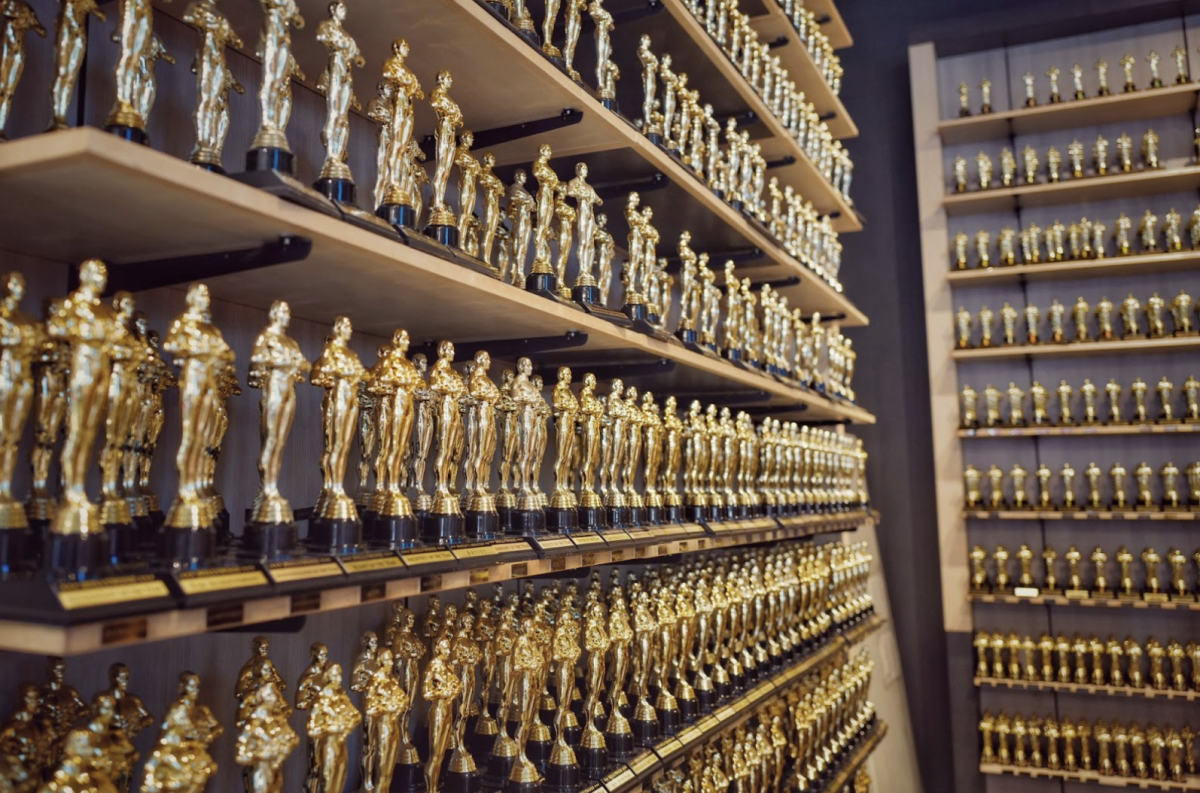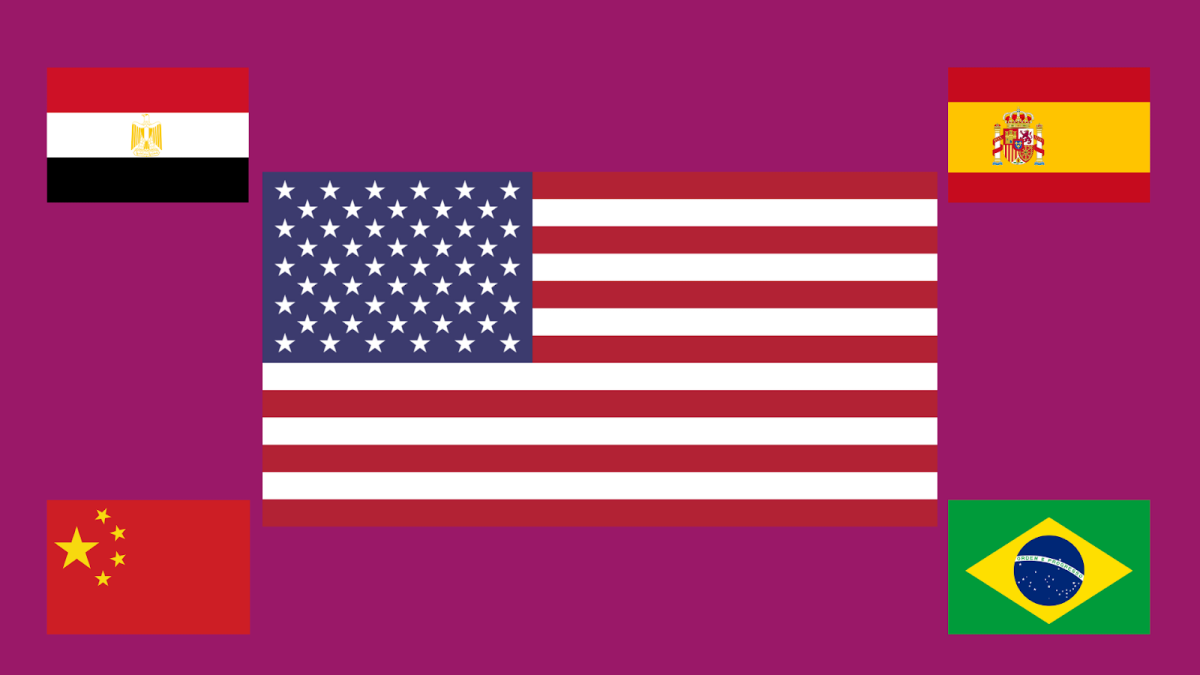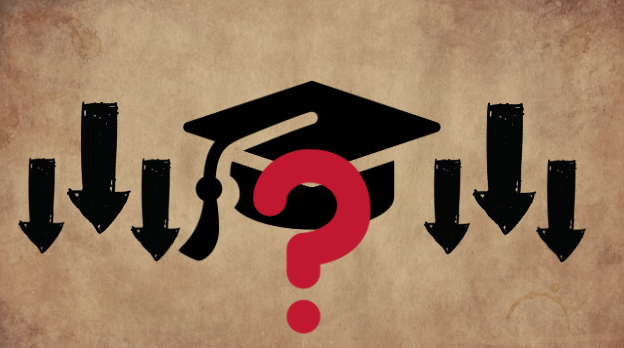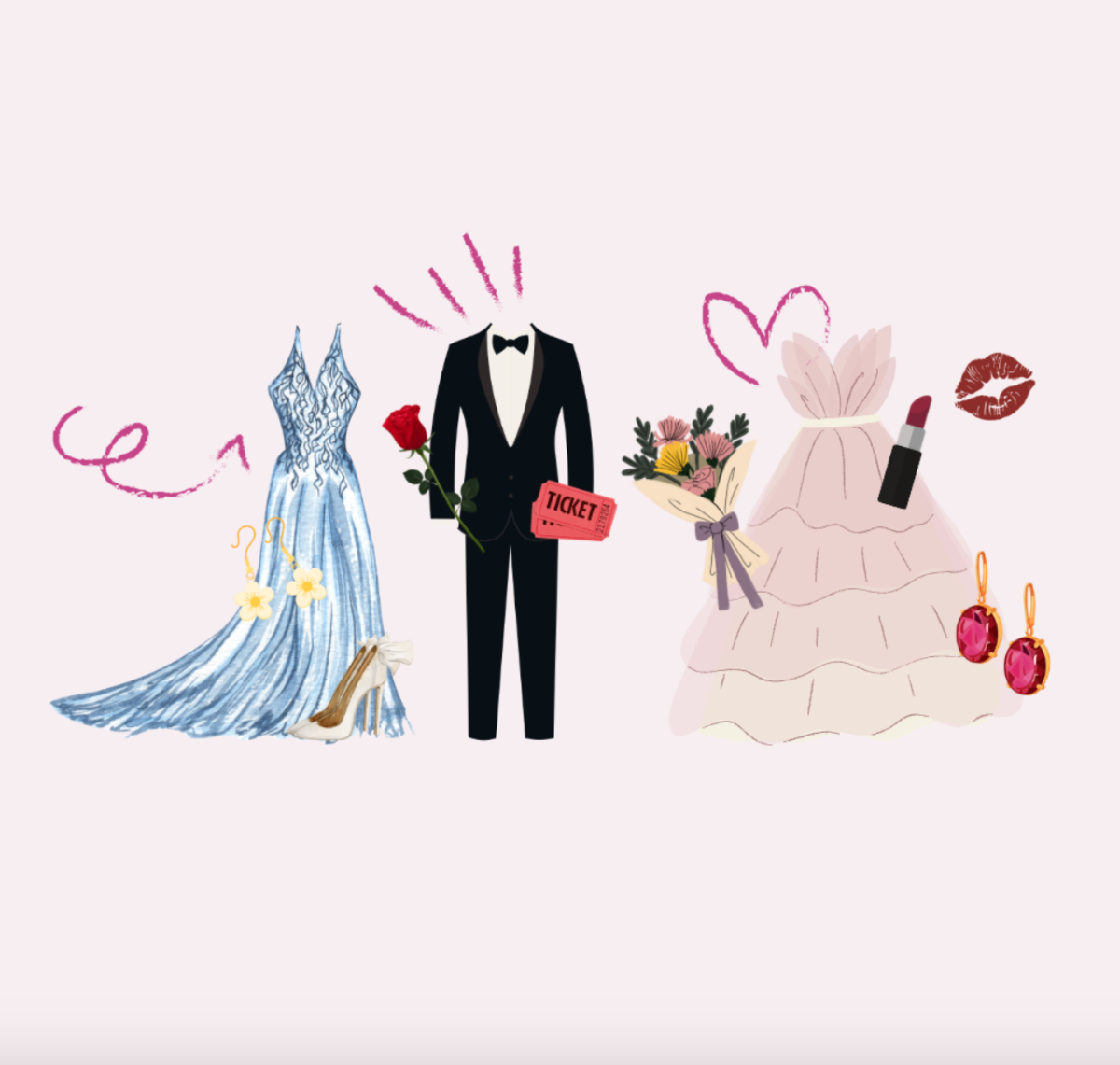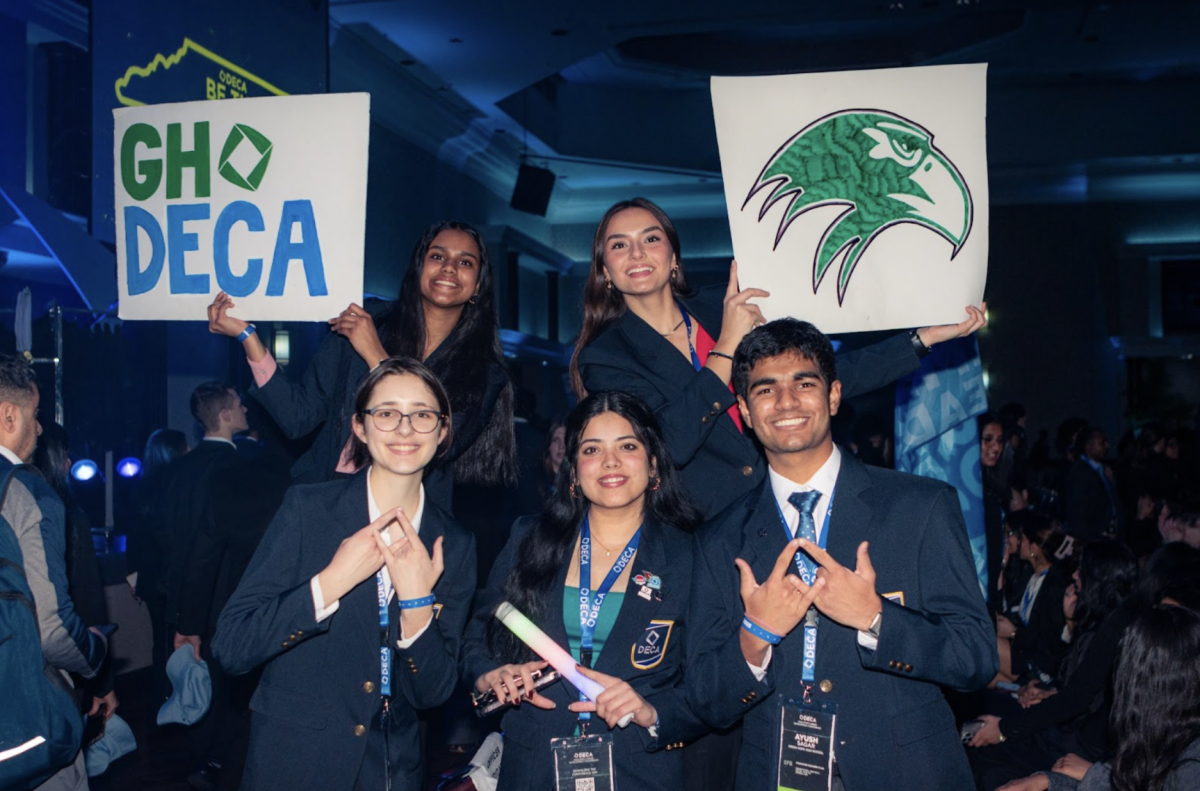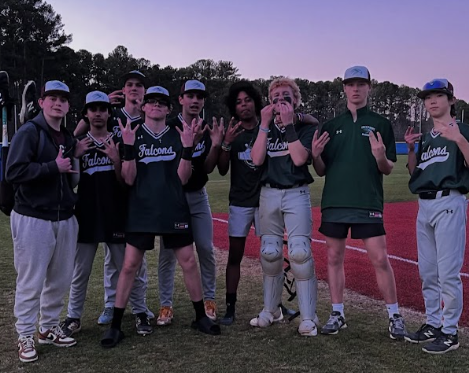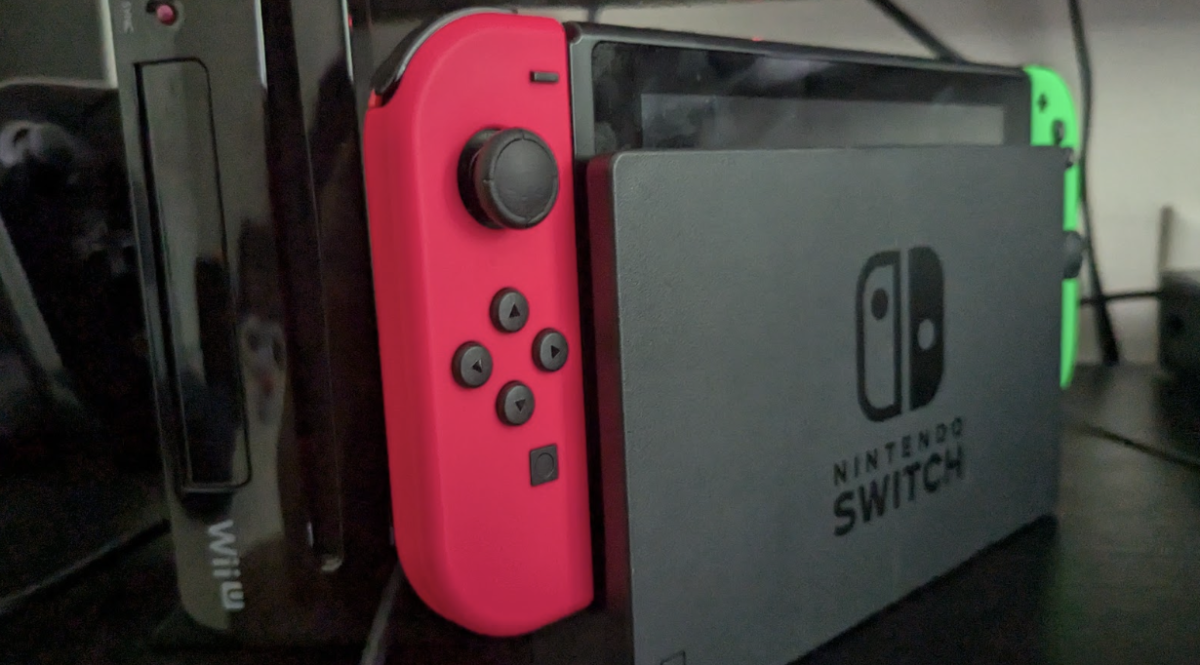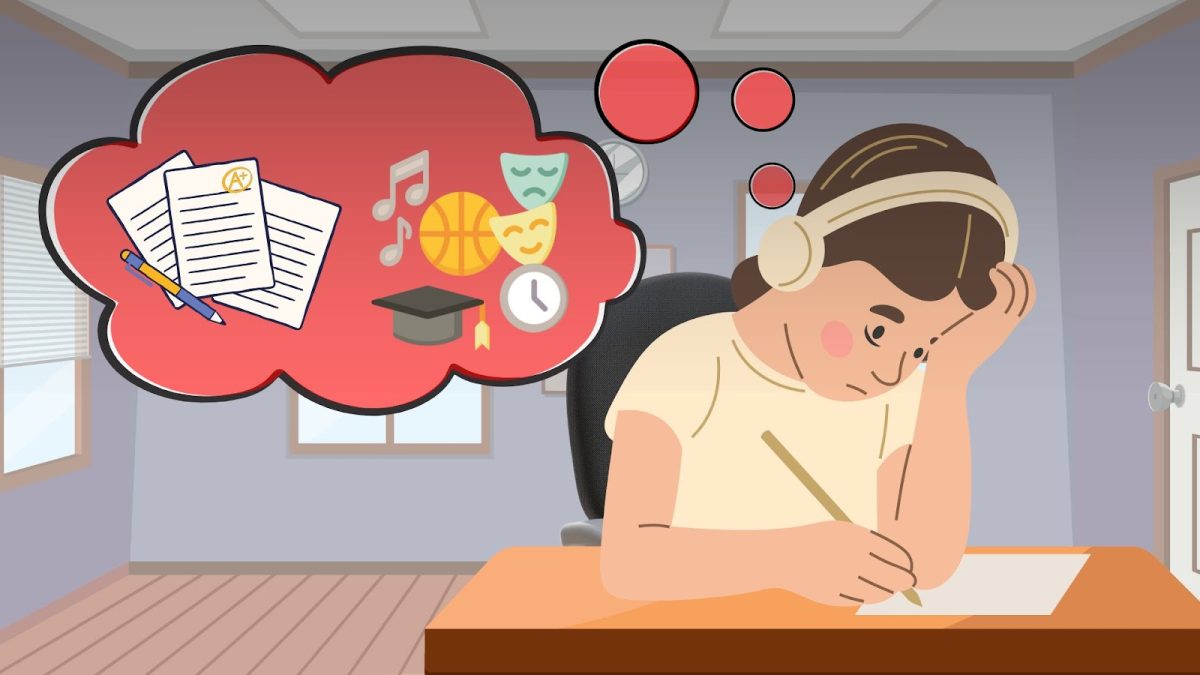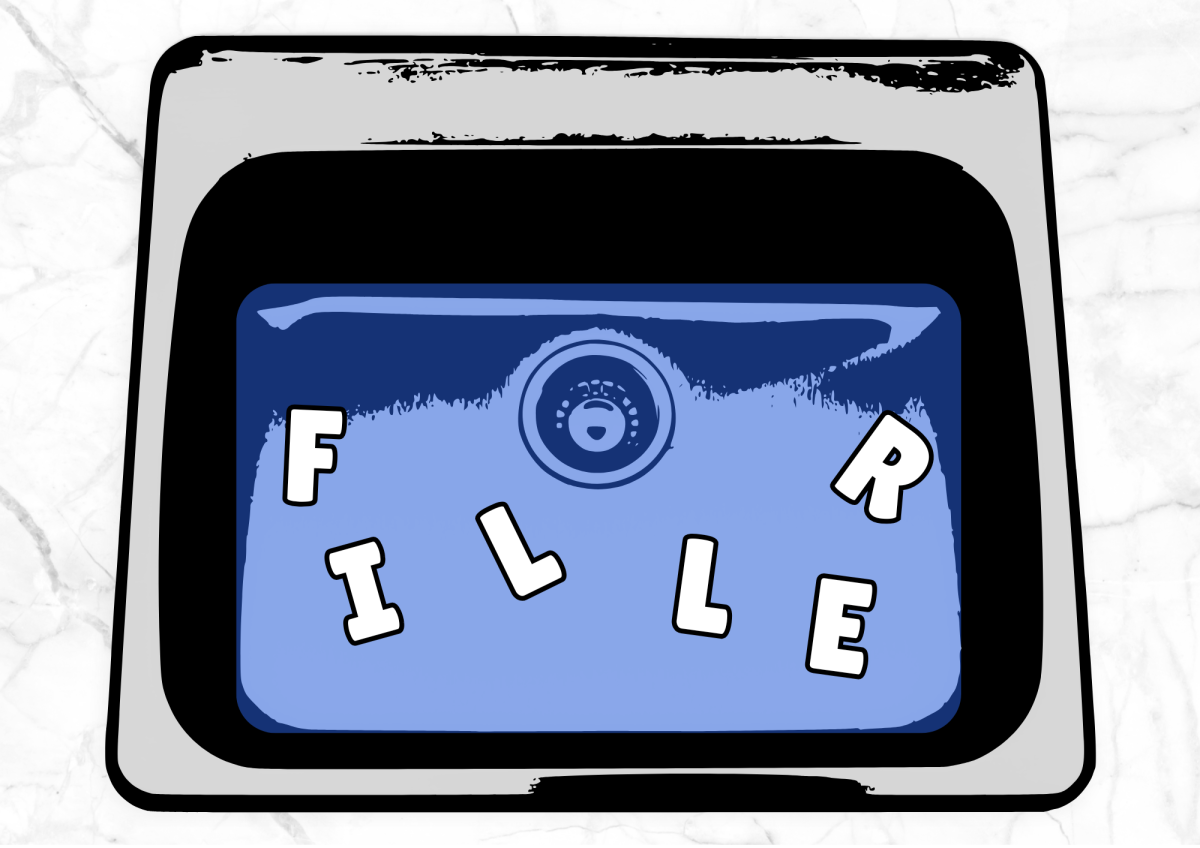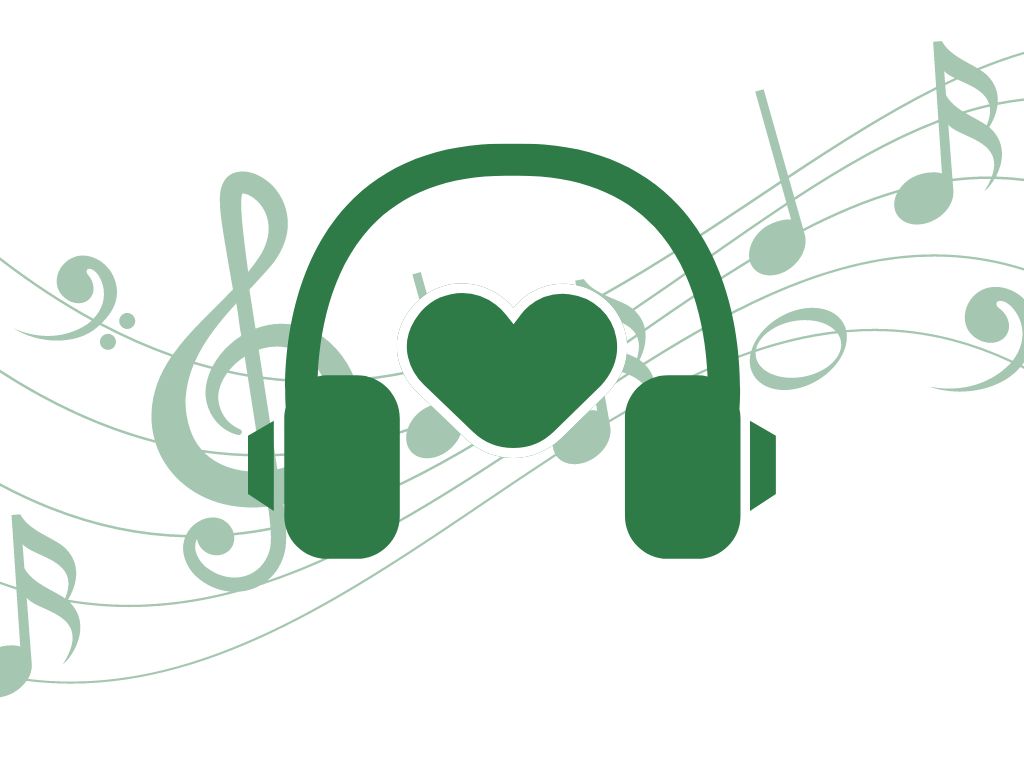The Internet’s Courtroom: Cancel Culture Damages Lives
Cruel TikTok Videos and Ruthless Tweets Defeat the Purpose of Social Media
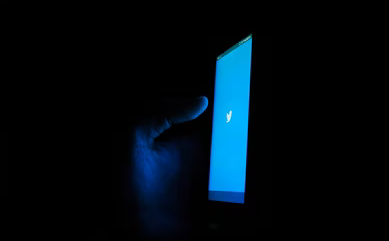
The harsh realities of cancel culture extend beyond social media.
May 18, 2022
To some, social media is a frivolous hobby, something to do to distract oneself from everyday life. To others, social media is a career and a livelihood. In today’s generation the unconventional career path of an “influencer” has been greatly popularized. It has given people the opportunity to share their creativity through a simple app and in some cases has provided a lavish living to those that reap its benefits. The rise of the influencer era has coincided with the upturn of cancel culture. Defined as “the phenomenon or practice of publicly rejecting, boycotting, or ending support for particular people or groups because of their socially or morally unacceptable views or actions,” cancel culture has risen to great heights in recent years. It is synonymous with many names and many failed careers. However, punishment isn’t the intended purpose of the practice. In fact, cancel culture aims to hold others accountable for their actions and wrongdoings. Pew Research Center states that, “some 17% of Americans who say that calling out others on social media holds people accountable say it can be a teaching moment that helps people learn from their mistakes and do better in the future.” Although the idea behind the practice is well-intentioned, the results don’t always pan out positively. Expression of cancel culture has blurred into outright hate. Many tend to make fun of or even attack the person/situation at hand. Many times the insults being made don’t pertain to the specific problem and are just cruel expressions of ill thoughts. Unfortunately, it is those cruel TikToks and memes that gain the most traction on social media. So the question remains: “Is cancel culture a good thing?”
Typically, cancel culture ousts a person from their social media platform for an act that the public finds to be offensive or inappropriate. This is extremely important. Social media icons have a lot of sway, after all, they are called influencers for a reason. It is critical of them to be wary of what they post as many people, especially younger audiences, follow and imitate their every move. Still, there are many problems with the system, the main one being that cancel culture is strictly up to the audience. In order to oust someone, the idea must have many supporters behind it and oftentimes it doesn’t take long for an instigator to get them. It is up to the people to determine whether someone is “canceled.” There is zero objectivity and oftentimes no way to know whether the celebrity truly deserves it. Due to the fast paced culture of the internet, people are quick to form opinions, exercise those opinions and move on from the subject entirely. The public frequently gets influenced by headlines, tweets and a plethora of unreliable sources that they don’t care to check. The jury of the internet is not always reliable and shouldn’t have the ability to juggle others’ careers in its hands.
Britney Spears is a prime example of this phenomenon. She was ostracized by the media and lost her credibility and her career. Many other factors took part in this, however, the rumors and conspiracies aided in the downfall of her mental health. The Los Angeles Times shared a now deleted instagram post where Britney stated, “Do we dare forget the Diane Sawyer interview in my apartment almost 20 years ago? …What was with the ‘You’re in the wrong’ approach?? Geeze… and making me cry???” This was in response to a particularly invasive interview she experienced along with one that shaped the internet’s perception of her. Britney spent years in the limelight for the wrong reasons and it wasn’t until recently that she gained the support she deserved. Suddenly the hashtag “FreeBritney’‘ was trending showing the influx of public support for her complex situation. It was only after she came out with her Netflix documentary that many began to see the true facts and realized that she was another victim of cancel culture.
Another issue is that cancel culture is primarily ruled by emotion, making it easy to come to false conclusions. This combined with the small amount of time the internet gives a certain issue provides a very small window to fight for an opposing side. Neurobiological scientist and author Gazzinga stated in a Columbus Business First article, “In truth, emotions drive more than 80 percent of our decision-making.” A study published in the Annual Review of Psychology concurred that “In addition to influencing the content of thought, emotions also influence the depth of information processing related to decision making.” The article elaborates on how mood affects interpretation of a situation. Something can be deemed as good or bad solely based on the mood of the person observing it. This may be why when presented with an emotionally charged post someone may feel a stronger connection even if the information in it is inaccurate.
Overall, while cancel culture may seem unproblematic in theory, the phenomenon can be quite malicious and detrimental. It has the ability to destroy careers and with it, lives.



